The results of the investigation by the United Nations Interim Force in Lebanon (UNIFIL), summarized in a report seen by Reuters, said its personnel did not record any exchange of fire between the two countries across the Israel-Lebanon border in the 40 minutes before the Israeli Merkava tanks opened fire.
The UNIFIL report cited United Nations Security Council Resolution 1701 (UNSCR 1701), concluding: “The act of firing against civilians, and in this case against individuals who could clearly be identified as journalists, is concluded to be a violation of UNSCR 1701 (2006) and relevant international law.”
“The agency determined that no exchange of fire was recorded on the Blue Line at the time of the incident. The motive behind the attack on the journalists remains unclear,” the 27-page report, prepared on February 27, added.
Under Resolution 1701, which came into effect in 2006 to end the war between Israel and Lebanon's Hezbollah, United Nations (UN) peacekeepers were deployed to monitor the ceasefire agreement along the 120km-long border between Israel and Lebanon known as the Green Line.
In this mission, UN soldiers are tasked with recording ceasefire violations and investigating the most serious violations.
In addition to killing Mr Abdallah, two shells fired from the tank also injured six other reporters at the scene.
Asked about the UNIFIL report, Israel Defense Forces (IDF) spokesman Nir Dinar said Hezbollah attacked Israel near Hanita (Israel) on October 13. The force responded by using tanks to fire artillery to eliminate the threats and later received reports of several journalists being injured.
“The IDF regrets the injuries to innocent parties and affirms that it did not intentionally open fire on civilians, including journalists. The IDF believes that freedom of the press is of paramount importance and reiterates that being present in a combat zone is a dangerous act.”
The General Staff's Fact-Finding and Assessment Office, an agency responsible for assessing particularly noteworthy cases, will continue to investigate the case, he said.
According to the IDF website, the fact-finding team has submitted a report to the Israeli military's legal office, which will decide on the possibility of a criminal investigation into the incident.
“Need to be protected”
Reuters Editor-in-Chief Alessandra Galloni has called on Israel to explain how the attack that killed Abdallah, 37, could have happened and to ensure the perpetrators are held accountable.
The UNIFIL report was sent to the UN in New York on February 28 and shared with the Israeli and Lebanese militaries, two sources with knowledge of the matter said.
In its recommendations, the report said: “The IDF should conduct an investigation into the incident and review the overall procedures put in place at the time to avoid a recurrence. The IDF should share the findings of the investigation with UNIFIL.”
A UN spokesman confirmed that the UNIFIL report had been shared with the parties.
“We reiterate that all parties must uphold their responsibilities under international law and that civilians, including journalists, should never be targeted. Journalists and media professionals must be protected,” the spokesperson said.
In its investigation, UNIFIL sent an investigation team to the site of the incident on 14 October, and received input from the Lebanese Armed Forces and an anonymous witness who was present at the hill when the incident occurred.
Details of the incident in UNIFIL's area of operations are included in the UN Secretary-General's regular reports on the implementation of UN Security Council Resolution 1701. However, UNIFIL's investigations are not usually made public and Reuters was unable to determine what the UN's next steps would be.
UNIFIL spokesman Andrea Tenenti said he was not authorized to discuss the investigation.
UNIFIL's findings follow a Reuters investigation published on December 7 that found seven journalists from Agence France-Presse, Al Jazeera and Reuters were attacked with two 120mm mortar shells from a distance of 1.34km in Israel.
The group of reporters filmed cross-border shelling from a distance in an open area on a hill near the Lebanese village of Alma al-Chaab for nearly an hour before the incident.
The following day, the IDF said it had collected visual evidence and that it was being analyzed. The IDF has not yet released a report on the findings.
In its report, UNIFIL said it sent a letter and questionnaire to the IDF requesting assistance. The IDF sent a response letter but did not respond to the questionnaire.
Reuters has not yet received a copy of the IDF letter summarized by UNIFIL in its report.
Nguyen Quang Minh (according to Reuters)
Source


![[Photo] Closing of the 11th Conference of the 13th Central Committee of the Communist Party of Vietnam](https://vstatic.vietnam.vn/vietnam/resource/IMAGE/2025/4/12/114b57fe6e9b4814a5ddfacf6dfe5b7f)



![[Photo] Overcoming all difficulties, speeding up construction progress of Hoa Binh Hydropower Plant Expansion Project](https://vstatic.vietnam.vn/vietnam/resource/IMAGE/2025/4/12/bff04b551e98484c84d74c8faa3526e0)

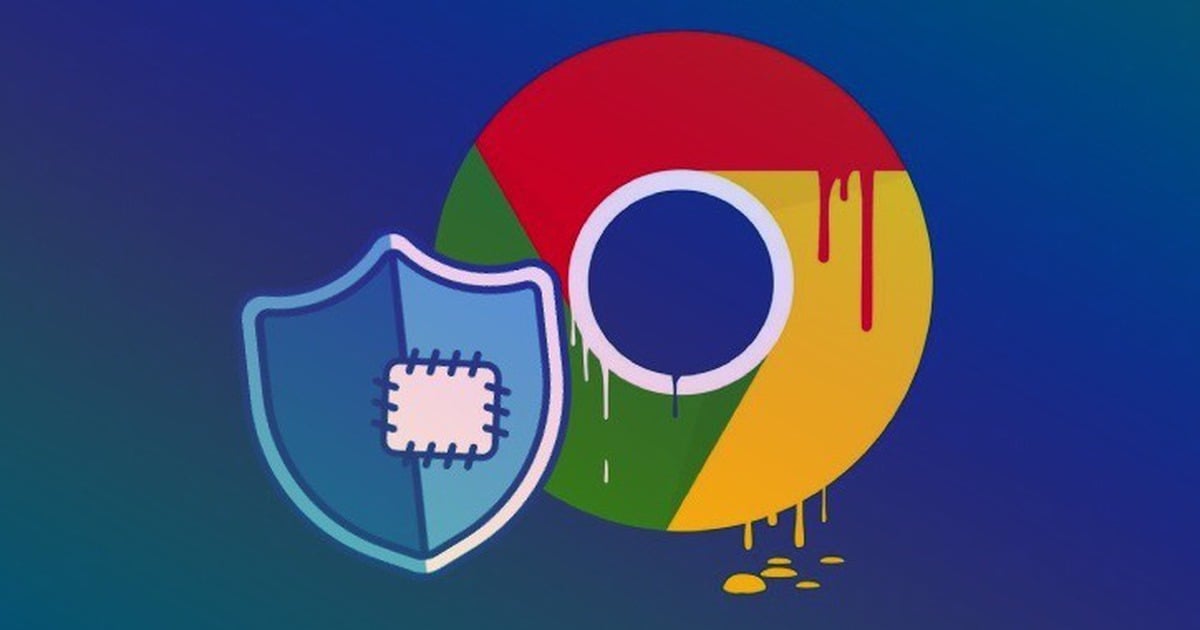

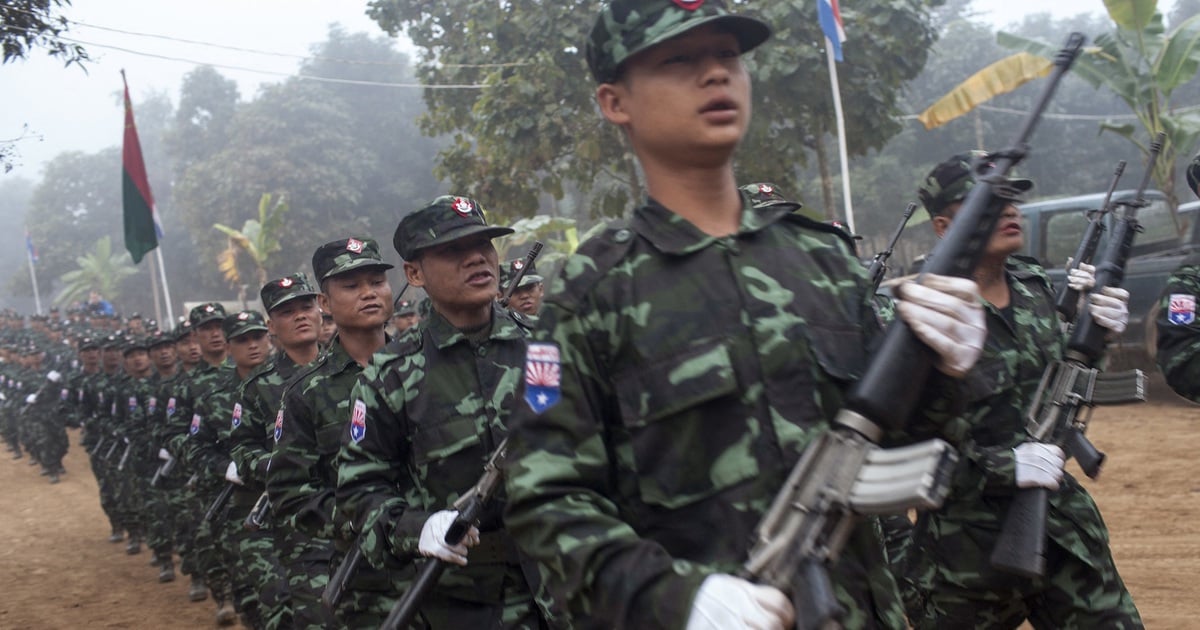
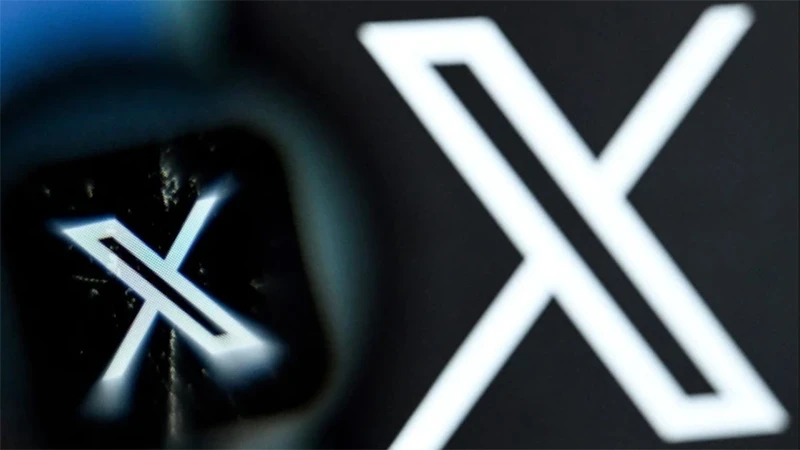

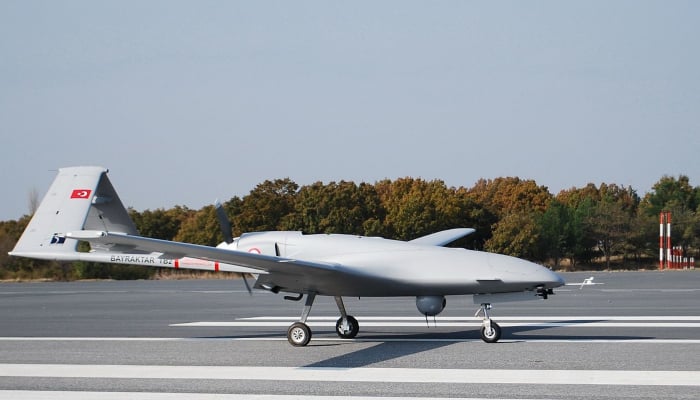

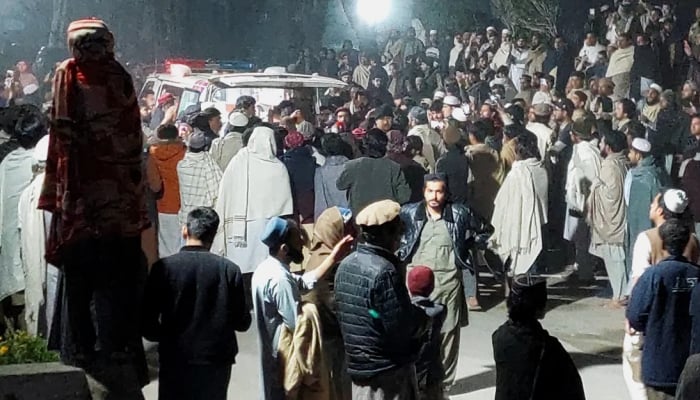
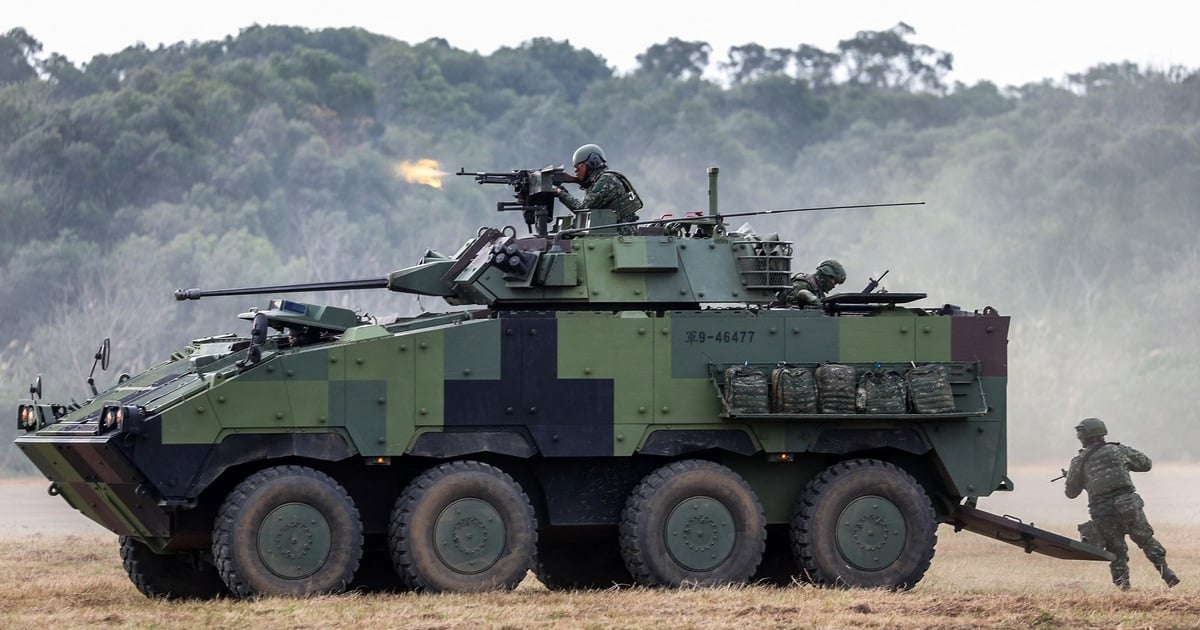



























































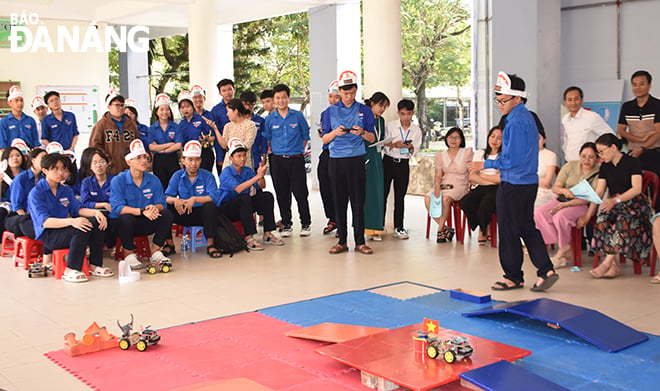

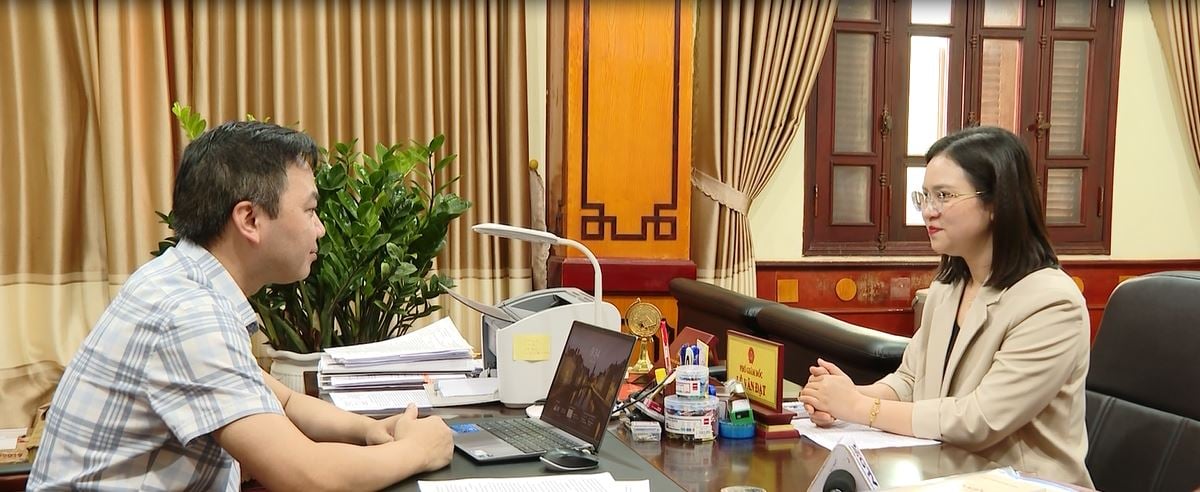
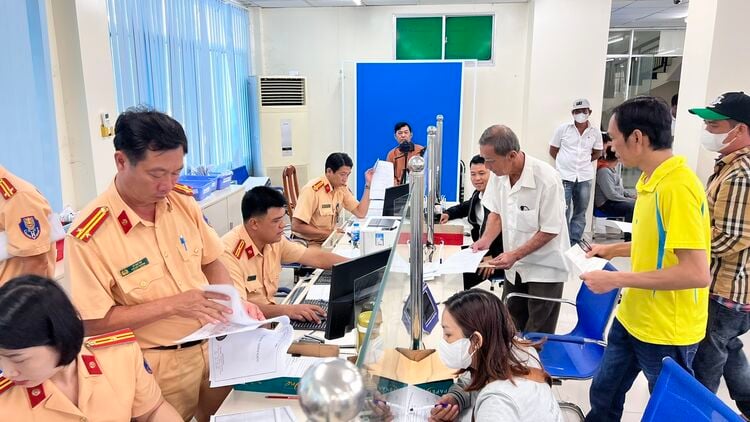















Comment (0)